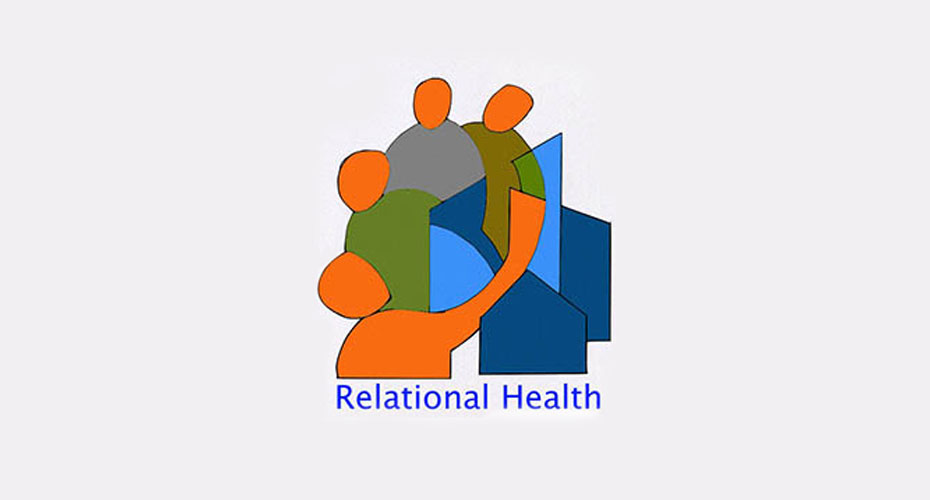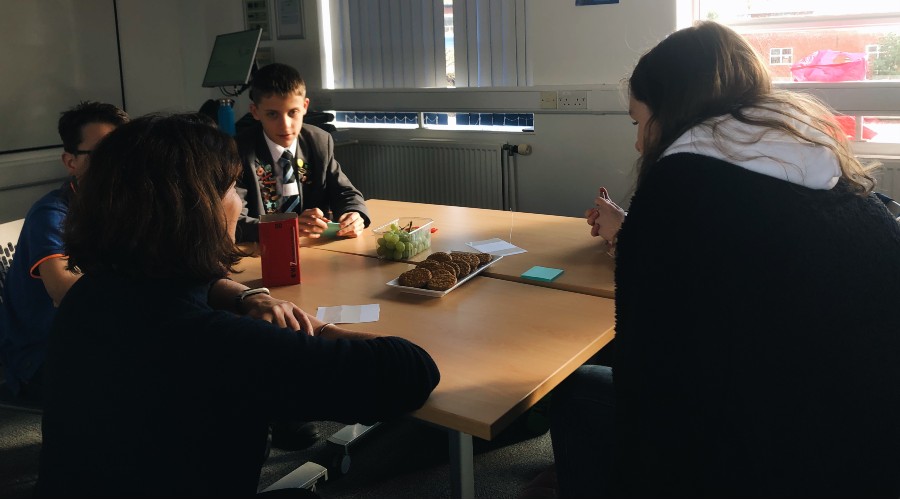Relational Health Group
Relational Health Group Members
The Relational Health Research Group understands health as an emergent behaviour of the relations within systems and their environments.
Principles underpinning our relational approach
- Our ethos is to ‘work with’ people rather than ‘do to’ or research ‘on’
- To involve people whose lives are affected by the issues as partners throughout the research process
- To understand the relational nature of the conditions which give rise to the issues as a means of addressing the issues rather than focusing on trying to affect an individual’s behaviours
- Health creating conditions can only be created when the nature of the barriers to health and wellbeing have to be determined from within the system rather than externally imposed on to the system
- Addressing the social, political and economic conditions which create health inequalities requires transformative ways of working which are in partnership with local communities
- Our research approaches embrace rather than ignore the complex nature of systems
Engaged Research Approach
Our engaged research encompasses the many ways in which researchers and people outside the university meaningfully work together throughout the research process, from understanding the nature of the problems and agreeing the issues that need to be researched and creating the questions together, to delivering the research in partnership which generates mutually beneficial outcomes.
This approach draws on years of working with Folk.us, a DH funded Programme to ensure patients, service users and carers were meaningfully involved in health and social care research across the South West, and the transformative engagement approach which underpins the C2 programme.
About Relational Health
Relational health focuses on the nature and qualities of relationships in order to create the conditions for health and address health inequalities
There is an increasing body of evidence demonstrating the association between positive relationships and health and wellbeing [1]. Moreover, positive relationships can also mitigate some of the negative impacts of adverse conditions and experiences [2,3]. There is also an increased understanding of schools, neighbourhoods, workplaces etc, as complex adaptive systems, and that health is an emergent property arising from the system’s complex nature [4,5]. Health, as an emergent behaviour of a complex system, is therefore a consequence of the nature of the relations that comprise such systems. These relations can be the relations that subsist within the system, as well as relations that exist between the system and its environment [6].
Hence, in order to understand how health is constituted in complex systems, we need to understand the relational nature of these systems and their distinctive “relationalities”.
Relational Health is therefore concerned with understanding the relational dynamics of social systems to understand how the conditions are created for health/ ill health in and of the system. This focus on relationships within the system and its wider environment as determinants of health/ ill health takes the focus away from trying to affect individuals at risk of ill health or individual behaviours in isolation.
A Relational Health approach means the focus is on understanding the nature and the qualities of the relations which support the system to self-organise towards a more health creating ‘state’.
Taking a relational approach is a challenge to much of the dominant discourses of prevention science and public health approaches. In particular, a relational health approach to understanding the nature of population health challenges is a radical departure from the way that health and health ‘problems’ are currently conceptualised and addressed. For the most part, population health problems are identified and determined externally, ie from outside of the system and then programmes or policies developed to address the problem, which is usually aimed at targeting unhealthy behaviours or populations deemed to be more at risk. Such programmes tend to be evaluated on individual outcomes (and with a ’logic of coherence’ which renders context as static). Whilst this approach might have some effect in the short term, there is evidence suggesting that programmes aimed at supporting health can actually widen rather than reduce inequalities [7].
By comparison, a relational health approach insists that a necessary condition for systems to self-organise into becoming health creating environments is for the school or neighbourhood or workplace to identify and recognise the nature of the issues.
Addressing poor health and health inequalities by creating the conditions to identify the barriers to health is a fundamentally different starting point to most stakeholder engagement processes; whereby stakeholders are brought into conversations about the externally determined problem to understand what it means to them and what would be feasible and acceptable ways of addressing it. What is significant here is that the problem is still externally determined.
A relational approach starts with the recognition that more of the same can not deliver change on the scale that is needed and that new ways of delivering services are needed in response to what people identify as the barriers to a health promoting environment.
These new ways of working /delivering services start by understanding the current behaviour of the system by actively listening to understand the nature of the lived realities for people living and working in particular neighbourhoods or organisations. This approach requires practitioners, researchers and commissioners to engage people living and working in these areas to hear what the ‘problems’ are for the service or school or neighbourhood and to develop new ways of working with the residents/ workforce to respond to these issues. The local partnerships which then form become a sustainable means for the identification of local problems and responding to them. The new relationality of the system becomes the process by which the system self-organises to a more health creating ‘state’ and becomes a sustainable way for the system to adapt and respond to changes in the environment.
Research Projects
Our Skills and Expertise
We have considerable expertise in transdisciplinary, engaged research approaches to understanding and addressing barriers to health and wellbeing and inequalities.
- Co-creating research with people experiencing the issues or caring for those experiencing the issues for example; Optimising Prescribing; Moralising narratives and mental distress in very low income communities ; Co-creating an evaluation of a peer-led dance group, theTR14ers
- Meaningful engagement with neighbourhoods, schools, workplaces to understand the nature of the issues – Connecting Communities - C2; Healthy Lifestyles Programme; the development and evaluation of a novel obesity prevention programme for children
- Developing health creating conditions which embrace the complex nature of the system - Healthy workplace programme for NHS secondary care organisations; Developing a health promoting school process for secondary schools
- Qualitative approaches including interviewing, conducting focus groups, ethnography, narrative analysis; The violence of narrative; The impact of the workplace capability on mental health; Understanding influences on young people’s diet and physical activity choices
- Evaluations of complex interventions including evaluability assessments, trials and process evaluations; Grad2020 project; Cluster randomised controlled trial and process evaluation of the Healthy Lifestyles Programme
- Realist, Systematic and Scoping reviews – Care under pressure; Implementing health promoting school programmes; The impact of the World Health Organization Health Promoting Schools framework approach on diet and physical activity behaviours of adolescents in secondary schools; systematic reviews of effectiveness of policy and programmes; scoping reviews looking at how sustainability and health are integrated in policy and practice






.jpg)















